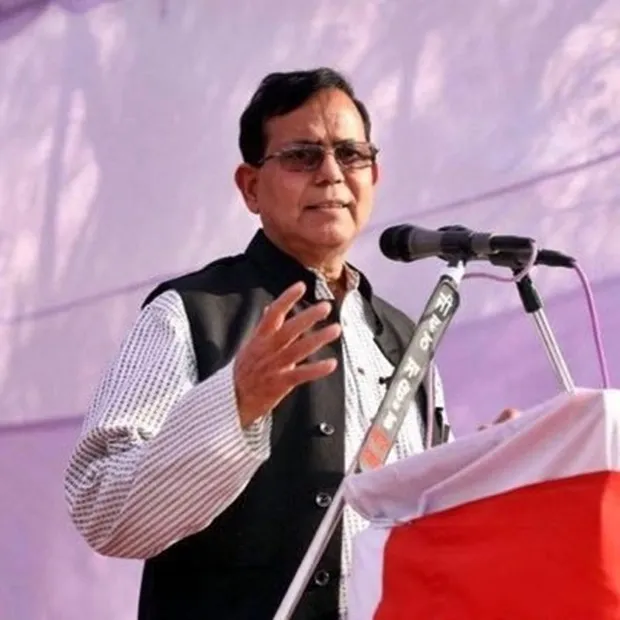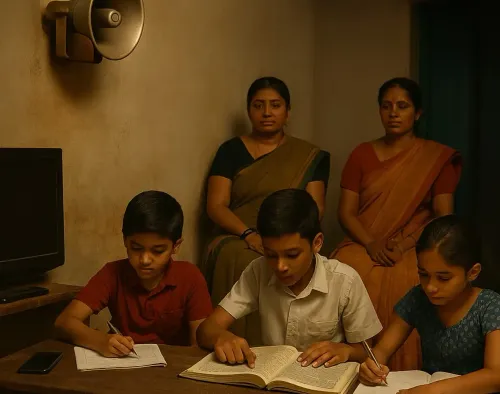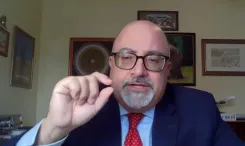Why is the Bengal CPI(M) Opposing the Governor's Mention of Article 356?

Synopsis
Key Takeaways
- CPI(M) supports Trinamool Congress against Governor's Article 356 suggestion.
- Governor's proposal raises concerns about political stability.
- Historical failures of President's Rule cited by CPI(M).
- Criticism of Governor's report as politically biased.
- Call for effective governance in West Bengal.
Kolkata, May 5 (NationPress) The West Bengal government and the ruling Trinamool Congress have gained remarkable backing from their political adversary, the CPI(M), regarding the suggestions made by Governor C.V. Ananda Bose. He proposed that the Union government explore the provisions of Article 356 of the Indian Constitution in relation to the communal unrest in Murshidabad district.
The CPI(M) state secretary and politburo member, Md Salim, declared on Monday that transferring authority from the state government to the Governor through President’s Rule will not resolve West Bengal's issues.
“It is clear that Chief Minister Mamata Banerjee, who also serves as the state home minister and police minister, has significantly faltered in maintaining order. However, this does not imply that problems will be rectified by shifting power to the Governor under President's Rule,” Salim stated.
He noted that the residents of West Bengal have had negative experiences with President's Rule in the past.
“The Pahalgam massacre was not averted through state bifurcation or its conversion into a Union Territory. Similarly, the lives of people in Manipur remain endangered despite a double-engine government. In West Bengal, the elected government must ensure the safety of its citizens. President’s Rule is not the answer; history shows that issues with President's Rule are more severe,” Salim added.
Previously, numerous Trinamool Congress leaders strongly condemned the Governor's recommendation for the Union government to consider invoking Article 356. The state general secretary of the Trinamool Congress labeled the Governor's report as biased and aligned with the BJP's political agenda.
West Bengal's Minister for Parliamentary Affairs and Agriculture, Sovandeb Chattopadhyay, asserted that the recommendations in the Governor's report were biased and made under the Union government's direction. “It’s expected that the Governor will present negative views about West Bengal in his report,” Chattopadhyay remarked.
In the report, the Governor emphasized the West Bengal government's failure to manage communal violence, despite having previously addressed Left-Wing Extremist (LWE) threats effectively.
The report also pointed out deficiencies in West Bengal's police infrastructure, notably a lack of manpower and inadequate equipment, often necessitating the deployment of Central Armed Police Forces (CAPF) during crises like the situation in Murshidabad.










